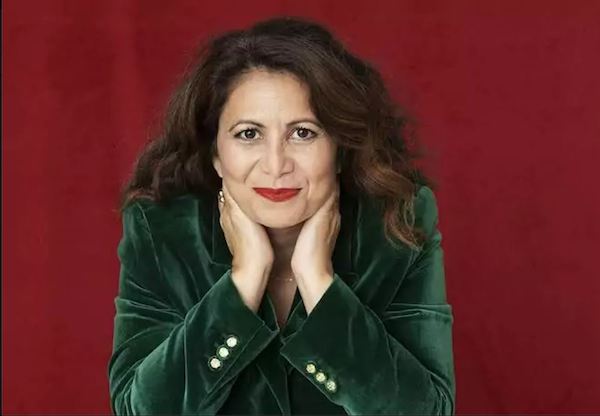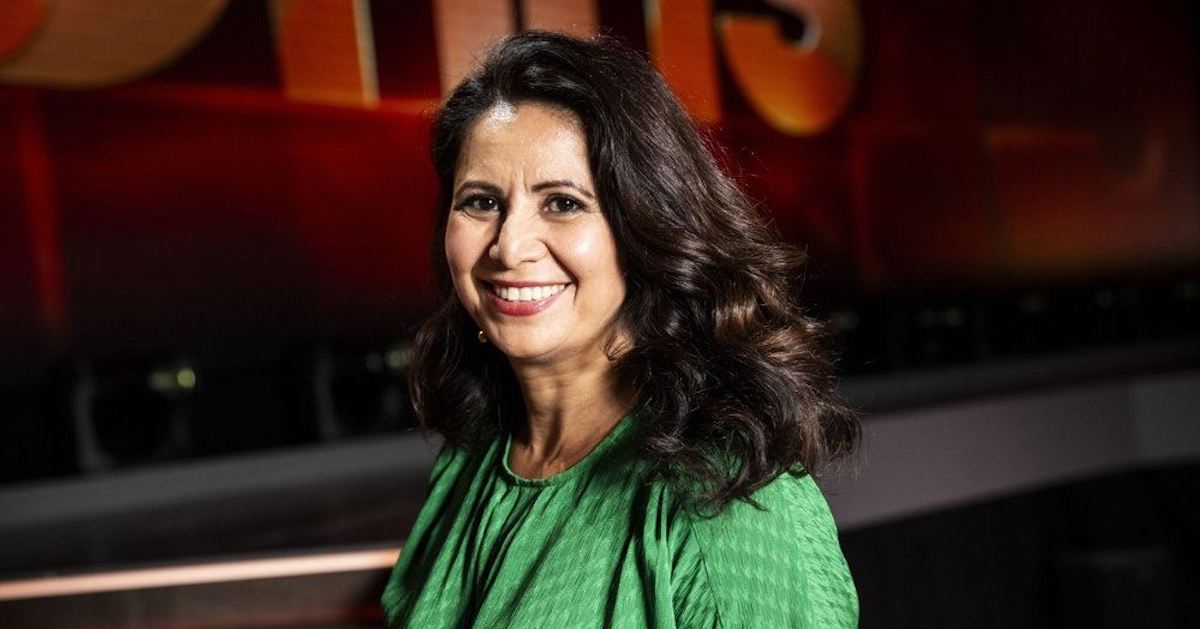Özlem Cekic is a bridgebuilder who doesn’t wear a hardhat or weld rivets into steel. Cekic’s tools are coffee and conversation. The traffic on her bridges is between people.
Cekic will be presenting “Bridging Divides: Promoting Cultural Understanding and Integration in a Diverse World” during MPI’s European Meetings & Events Conference (EMEC), March 3-5 in Luxembourg. (Learn more about why should visit or register now!)
Of Turkish descent and Muslim faith, she has built a career in Denmark as an interpreter; radio host; paediatric nurse to children and adolescent refugees, immigrants and homeless families; and member of parliament. Post-parliament, she created a career as a social media commentator with a million-person audience, a bestselling author and general secretary of the Bridge Builders Association - Centre for Dialogue Coffee, a nonprofit organization dedicated to democratic conversation for building bridges between groups in Denmark with a goal to avoid polarization of people.
While Cekic has had a progressive career, it wasn’t without challenges. Born in Turkey to a working-class Muslim family, she was an outsider in Danish society. To compound the situation, she became a politician and the first Muslim in parliament. An influx of hate mail caused her concern, but also started to change her life..png?sfvrsn=5c5f4755_1)
“One day a woman friend suggested I should visit [the haters],” she says. “I said ‘Visit them!? They will kill me.’ She said, ‘No, no, no, they will not kill you, but you can see how much you are demonizing them as they are demonizing you.’”
Cekic realized the truth in her friend’s suggestion.
“If I could visit them, and they could see me as a Muslin who paid tax and supported democracy, they would change,” she says. “So that was my beginning point.”
Cekic called these meetings coffee dialogues, where unlike-minded people could informally meet to discuss issues and ideas, and they helped her see prejudice and judgement was a two-way street.
“I had so many prejudices myself because when we have a problem or a conflict or disagree with anyone, we always think they have a problem, they have to change, they have to find a solution,” she says. “I could see that was not true, of course. I could see that I have prejudices too.”
While Cekic was and is open to those to who disagree with her, she doesn’t meet with those who threaten her.
“They can have their coffee dialogue with the police,” she says.

What her coffee dialogues have shown her is the commonality of people.
“When you think, ‘I have nothing in common with these people,’ you hear they all have dreams for their children and hope the best for their country, but have different ways to think what is best,” she says.
When meeting with those who oppose you, Cekic’s advice is to give them your attention. It starts with being rested.
“I always do it on a day when I have a lot of energy,” she says. “You can’t hold a difficult conversation on a day where you have many things to do because the conversation needs your energy and your patience.”
Contributing to that productive conversation is acknowledgement of the other person’s participation.
“Say, ‘Thank you—thank you for what you give me; I know it’s a very difficult conversation, but I hope we can talk together,’” she says. “After that I always advise people not say ‘you.’ Always say ‘I’ because then you say ‘you,’ you attack people. And humor is the best way to build a bridge, so laugh together. It is so important because we don’t do small talk with people we disagree with.”
She also advises eating together, when possible. (“Because when we eat together it is very difficult to fight with food in the mouth.”)
“Humor is the best way to build a bridge, so laugh together. It is so important because we don’t do small talk with people we disagree with.”
Interestingly, one of Cekic’s most difficult—and inspiring—conversations was within her family. In a type of universal conflict, she and her father disagreed over politics.
“There are a lot of conversations which inspire me,” she says. “One of the most important was with my own dad because dad voted for a different party than I did, and I think a lot of people can recognize that when you have a disagreement in the family. I had invited him to our house to watch the Turkish election.”
Her father supported a president and party which for five years had blacklisted her. While her father was excited to see his party win, she was not.
“My father said, ‘Do you think you’re a tolerant person? Because if you are so tolerant, why are you so upset that I voted differently than you?’” Cekic says. “I had to really think about this because everyone wants democracy, but why is it so difficult to tolerate a different opinion in the same country?”
She believes the universality of disagreements boils down to a “we” and “them.”
“We talk about ourselves as the good one, and others as the bad one,” Cekic says. “It’s universal, you can see the polarization in parties and families. If you don’t want conflict you have to talk within your family, colleagues and community. Peace always includes dialogue.”
As for employing conversation to create a more inclusive space, she says it’s important to provide a voice to everyone.
“There is always a group who says a lot of things and a bigger group who never says anything,” Cekic says. “It is important to make space so people can have different opinions. And a different opinion doesn’t mean people are negative or hate your ideas, it only means they see that case from a different perspective, so I think it is very important not to label people for having a different opinion. Let people talk, acknowledge what they are saying and don’t express opposition to what they are saying.”
Özlem Cekic at EMEC brought to you by The Keynote Curators.



